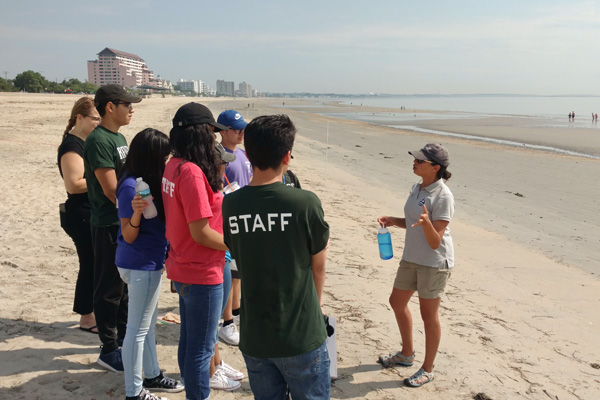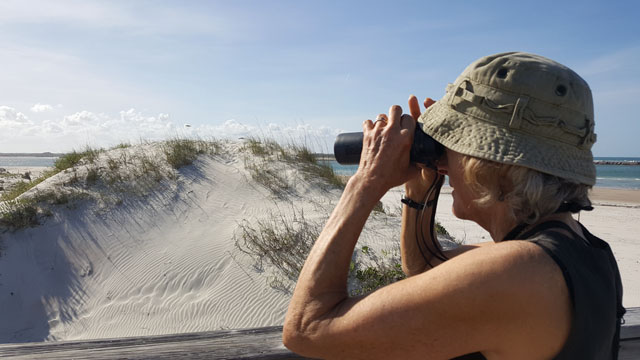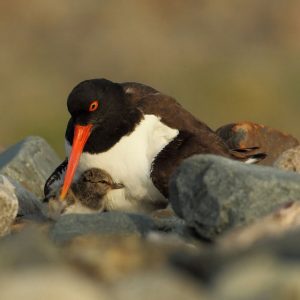In Your Words is a regular feature of Mass Audubon’s Explore member newsletter. Each issue, a Mass Audubon member, volunteer, staff member, or supporter shares his or her story—why Mass Audubon and protecting the nature of Massachusetts matters to them. If you have a story to share about your connection to Mass Audubon, email [email protected] to be considered for In Your Words in a future issue!
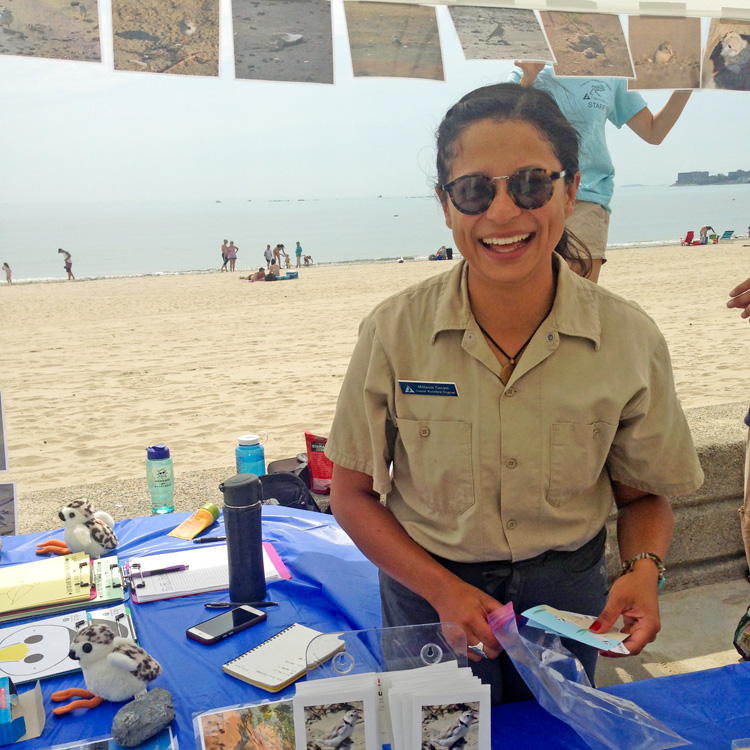
As a native Chilean, my passion for the oceans and their critters began in the vibrant Pacific Ocean. Led by my father’s love of the sea, I spent long summer days on the coast, where we would be the first ones in the water and the last ones out, forced back onto land as the sun nestled under the horizon.
Since my time as a child in Chile and throughout undergrad and graduate school, I have been fortunate enough to travel for research and explore a variety of coastlines—from the pristine coral reefs of marine preserves in Puerto Rico to the dazzling Mediterranean waters of Spain.
These adventures have been juxtaposed with visits to the polluted streams and oceans in Ecuador, the volcanic islands and surrounding waters of the West Indies, and nearby streams in the Greater Boston area. I noticed that where pollution was greatest, there was also a considerable difference between socioeconomic classes and a limited amount of environmental education. These disparate experiences laid the foundation for my path to conservation and urban education, where my interests are very much aligned with the mission at Mass Audubon.
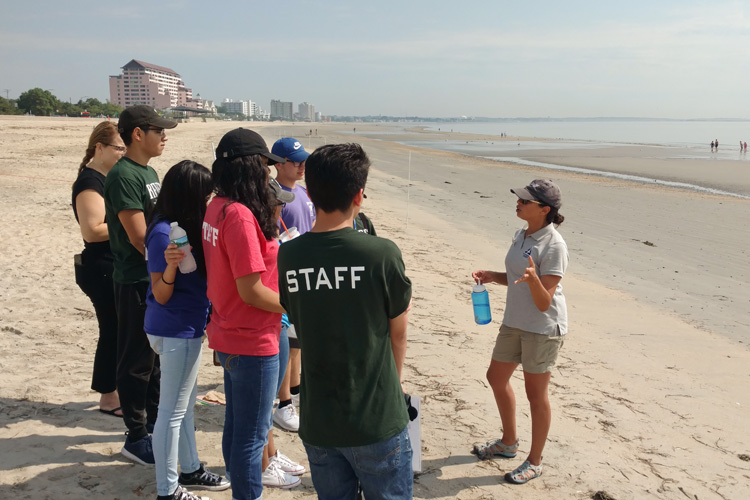
Today, as part of Mass Audubon’s Coastal Waterbird Program (CWP), I protect endangered shorebirds and their habitat, focusing on educating the diverse urban community of Revere and the metro Boston area. In addition, I’m a teacher naturalist at Mass Audubon’s Boston Nature Center, where we provide positive outdoor experiences and environmental science education for urban youth who would ordinarily not have access to wild and natural outdoor spaces.
Mass Audubon has enabled me to transform my natural curiosity for the oceans and wildlife and passion for reaching underserved populations into my profession. Through my work with Mass Audubon, I am able to conserve the nature of Massachusetts by interacting with and engaging Boston’s urban youth, adults, and families in dynamic and enriching educational opportunities. It’s a dream come true.
Melanie Gárate is a Coastal Waterbird Education Specialist and Teacher Naturalist at Mass Audubon’s Boston Nature Center.


